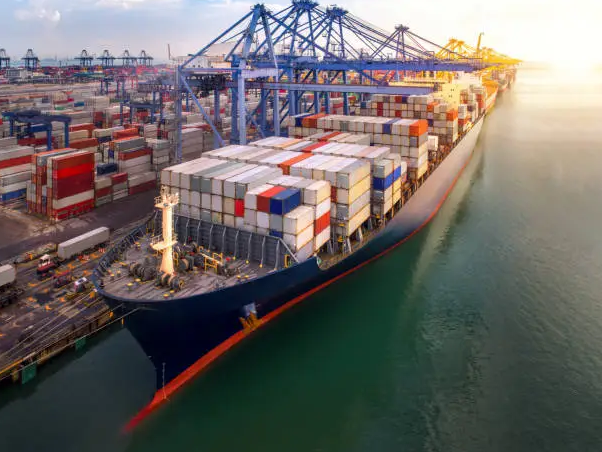Understanding the Complex Cost Components of Transporting Goods Internationally
Shipping items from China to Nigeria entails multifaceted expenses that mirror the intricate nature of worldwide logistics. These costs are primarily shaped by the chosen mode of transport, attributes of the materials, and potential supplementary charges applicable at different stages of the shipment approach.
For maritime shipments, which represent the most common technique for transporting large volumes, pricing fluctuates substantially depending on container dimensions and shipment kind. In mid-2024, the average price to ship a standard 20-foot container spanned from $1,800 to $3,500, whereas a longer 40-foot container could set you back between $2,500 and $4,200.
Air transport provides expedited delivery but at a higher tariff, typically calculated per kilogram. Present rates vary from $3 to $8 per kilogram, contingent on the airline and urgency of delivery.
Determining amongst diverse transport tactics involves weighing cost against swiftness.
Complete Container Load (FCL) favors larger shipments through a fixed price for the entire container regardless of contents.
Less than Container Load (LCL) fits smaller deliveries since you only pay for occupied space, though added delays are possible during consolidation of shipments and pricing becomes less predictable.

Taxes and Supplementary Costs
Import duties in Nigeria can diverge extensively, usually ranging from 5% to 20% as per cargo's worth and variety. It’s crucial to affirm exact tariff classifications for an accurate computation.
Both origin and destination charges require factoring. These incorporate port handling charges and documentation costs, which can accumulate to $200 to $600 per shipment.
Navigating Occult Costs
Unsuspected charges can exacerbate the total price of shipping. These embrace:
Demurrage and Detention fees apply when containers are returned past the port after unloading beyond the agreed timeframe, with daily levies potentially exceeding $100 per container.
Reliance on protection against loss or harm is important, with insurance costs possibly extending from 0.5% to 1.0% of the insured worth.
Given the volatile nature of the Nigerian Naira against the USD, budgeting for potential fluctuations is wise, as these can considerably impact final expenses.
For enterprises aiming to streamline their international shipping functions and curb costs, comprehending these intricate cost determinants is critical. Employing a reputable freight forwarder can help mitigate unexpected fees and ensure a smoother transaction process. Research nuanced strategies for efficient shipping from China to Nigeria to optimize logistics operations and budget productively.
